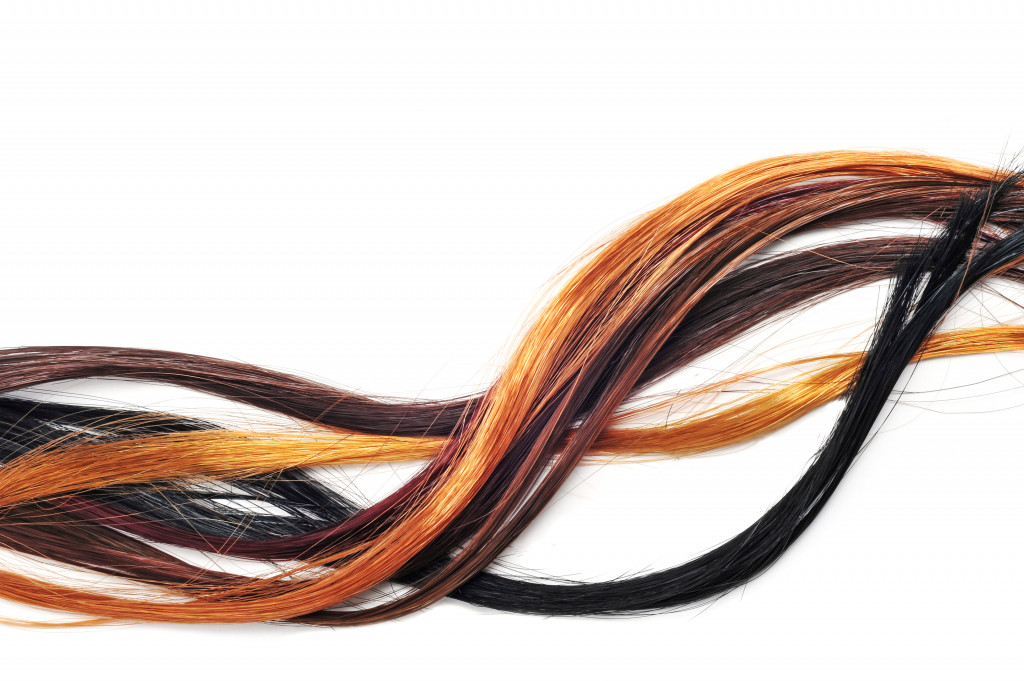- Hypertrichosis is an unusual condition characterized by excessive hair growth.
- Congenital hypertrichosis is more commonly known as “werewolf syndrome.”
- Drugs, medications, infections, skin diseases, radiation, or chemicals can cause it.
- The condition can cause social stigma, physical discomfort, and career/relationship struggles.
- Treatments such as laser removal, medications, and lifestyle changes are available to help manage symptoms.
Hypertrichosis is an unusual and often disconcerting medical condition relatively rare in the general population. Hypertrichosis is often called ‘werewolf syndrome’ because of the excessive hair growth that it causes on the face and other body parts. While it is generally considered more of a cosmetic concern than a medical issue, hypertrichosis can still cause significant embarrassment and discomfort to those suffering from it.
How Does it Happen?
Hypertrichosis can manifest in two ways: it can be congenital or acquired. Congenital hypertrichosis is also known as werewolf syndrome, a term that describes excessive hair growth over large body areas.
Acquired hypertrichosis is a condition that is characterized by an increase in hair growth in isolated areas of the body or all over. Here are ways a person may acquire this disorder:
Drugs
Various drugs have been known to cause this disorder. Certain drugs, such as phenytoin, minoxidil, and cyclosporine, are most likely to cause this disorder.

Medications
Some medications for treating thyroid disorders can also increase hair growth in certain areas, such as the face. In addition, taking testosterone supplements may trigger an increase in body hair.
Infection
Certain bacterial or fungal infections may cause excessive hair growth. For instance, ringworm infection is often associated with hypertrichosis of the scalp.
Other Causes
Skin diseases like psoriasis or lichen planus may cause hypertrichosis. Other possible causes include radiation therapy, burns, exposure to harmful chemicals, and extreme stress.
The Damage of Hypertrichosis on Your Life
People with hypertrichosis experience abnormal hair growth on their faces and body, which can cause various physical and psychological effects. Here are the four most common ways hypertrichosis can impact people’s lives and provide helpful solutions for managing the condition.

Social Stigma
One of the most significant effects of hypertrichosis is social stigma. People with the condition often experience social isolation, bullying, and discrimination due to appearance. Many people with hypertrichosis develop low self-esteem and may avoid social situations to escape the ridicule of others. Unfortunately, this can lead to depression and anxiety, compounding the problem.
Physical Discomfort
Hypertrichosis can also cause physical discomfort in some individuals. Excessive hair growth can lead to skin irritation, itching, and pain. Maintaining hygiene is also challenging for many people with the condition, as it requires frequent shaving or waxing.
Career Limitations
Hypertrichosis can also have a significant impact on an individual’s career prospects. People with this condition may face discrimination in the workplace, which can limit their job opportunities. Many people with hypertrichosis also struggle to find employment due to their appearance, which can result in financial difficulties.
Relationship Struggles
Hypertrichosis can also impact an individual’s romantic relationships. Some people with the condition may experience difficulty in forming intimate relationships due to insecurity and shame. Others may face rejection and discrimination in the dating world.
Dealing With Hypertrichosis
There are treatments available to help manage the symptoms of hypertrichosis. Here are some of them:
Hair Removal
Shaving and trimming the hair can temporarily relieve those with the disorder. However, it’s better to get treatment for permanent removal. One of the best options is a laser hair removal treatment. Laser is known to be less painful and more effective for hypertrichosis compared to electrolysis. Furthermore, it’s virtually painless and requires little maintenance.
Medications
Medications available can help reduce hair growth in those with the condition. For example, minoxidil reduces hair loss, while finasteride is prescribed for male pattern baldness. However, it’s essential to consult a doctor before taking any medication since hormonal imbalances may be causing hair growth.
Psychological Support
It’s also essential to seek psychological support when dealing with hypertrichosis. A qualified mental health professional can provide counseling and other strategies to help cope with the physical and emotional effects of the condition.
Lifestyle Changes
Lastly, making lifestyle changes can help ease the symptoms of hypertrichosis. Eating a balanced diet, engaging in regular physical activity, and avoiding stress are essential for managing the condition.
Managing hypertrichosis requires an individualized approach tailored to each person’s unique needs. People with the condition need to understand that they aren’t alone and treatments are available to help manage their symptoms. Those affected by hypertrichosis can live a daily and fulfilling life with proper care.
